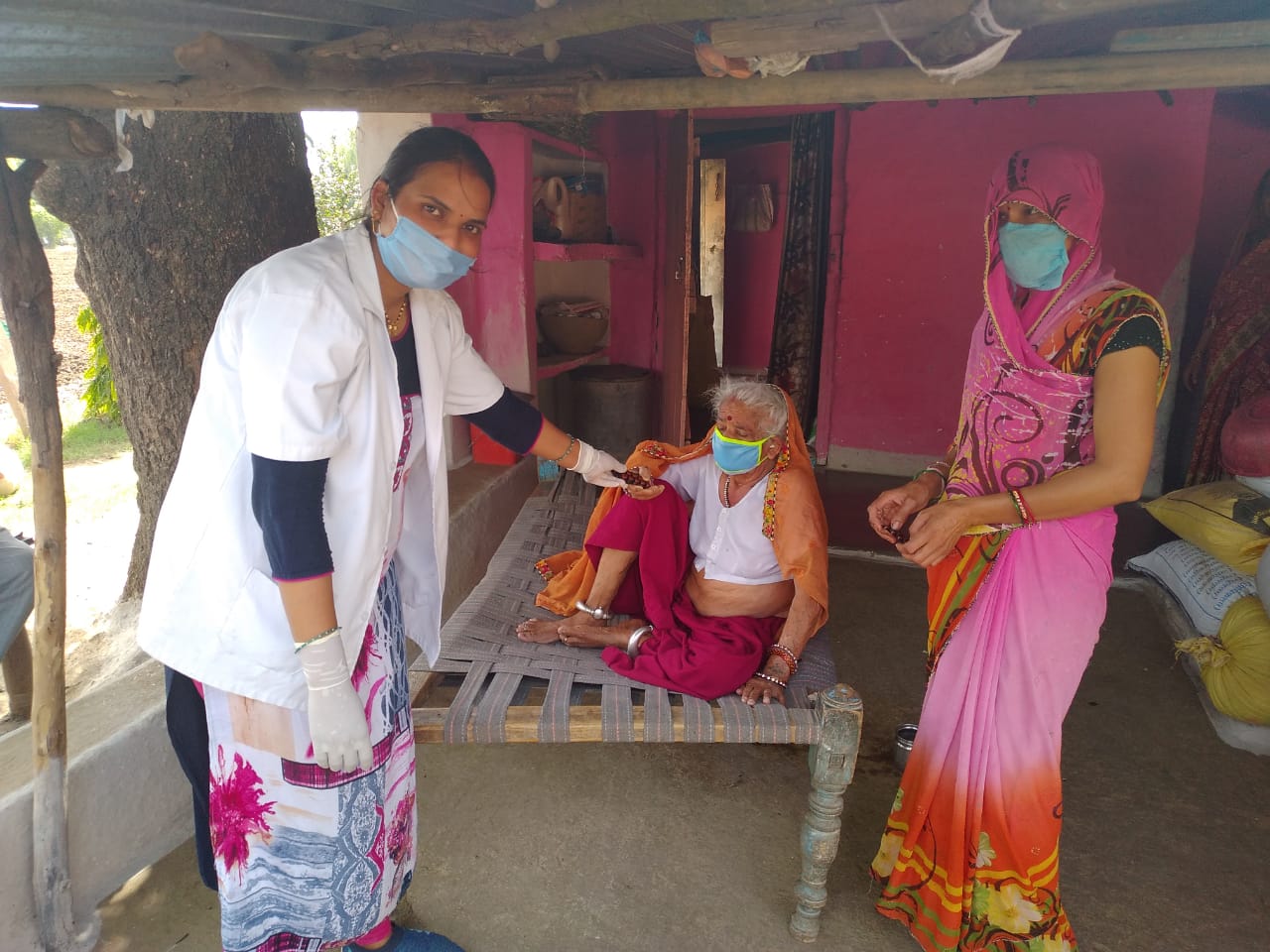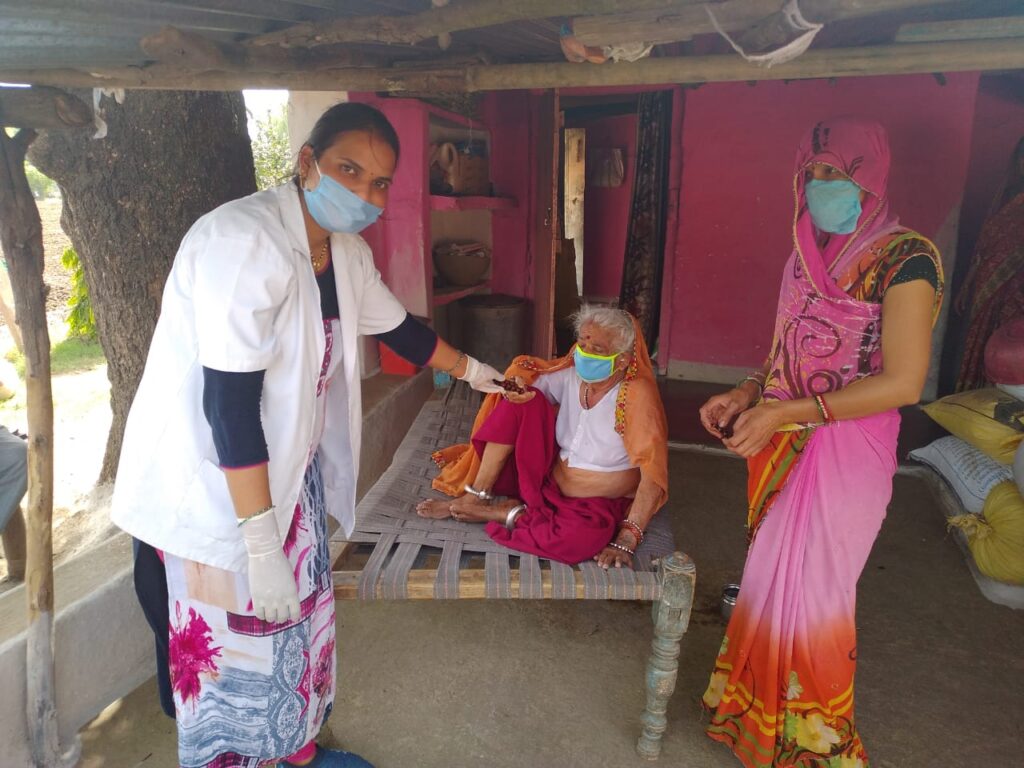People with chronic conditions such as diabetes and hypertension require continual access to medication. In people with hypertension, for example, missed doses of blood pressure medicine can result in kidney damage, stroke or blindness.
Following the World Health Organization’s declaration of the COVID-19 pandemic, India, like many other countries, mandated a nationwide lockdown on March 24, 2020. Though formally ending on May 30, elements of the lockdown remained in place through 2021. This made accessing essential medicines extremely difficult for patients with chronic conditions who are at a greater risk of infection with and severe illness from COVID-19. Public transportation shut down, and people were told to stay at home for more than two months. Routine services at government health facilities were put on hold due to the pandemic and the consequent diversion of health care workers for COVID-related activities. This prevented patients from refilling their prescriptions.
Ensuring continuity of care
The India Hypertension Control Initiative (IHCI) is a multi-partner, five-year initiative between the Ministry of Health & Family Welfare, Indian Council of Medical Research (ICMR), State Governments and WHO Country Office for India. Resolve to Save Lives, an Initiative of Vital Strategies, is an international technical partner. IHCI aims to reduce premature deaths from cardiovascular disease by strengthening hypertension management and control using evidence-based strategies, including simple, daily regimens for antihypertensive medications. When the pandemic began, IHCI was already being implemented in 29 districts in five states and had enrolled 721,675 patients (it has since expanded to 86 districts across 18 states).

As pandemic restrictions continued in India, the national program looked for ways to ensure continuity of care. IHCI determined how community-level distribution of antihypertensive drugs could be improved and rapidly adopted a patient-focused drug distribution strategy across the five states in which it was operating at the time: Punjab, Madhya Pradesh, Telangana, Kerala and Maharashtra. The strategy was designed to align with guidelines from the Ministry of Health and Family Welfare for continuing essential services during the COVID-19 pandemic.
An adaptive, patient-focused response
A key component of this patient-focused strategy was community delivery of essential medicines. To close the gap in care, IHCI worked with village-level, grassroots, community health care workers, who are recruited by the government health department to provide primary health services to communities. During the lockdown, these frontline health care workers were responsible for monthly distribution of hypertension and diabetes drugs from community-based Health and Wellness Centres (HWCs), which deliver comprehensive primary care to communities that are far from larger Primary Health Centres. Equipped with personal protective equipment including gloves, masks and face shields to protect themselves and their patients from infection, these workers travelled door-to-door with medication refills.
Using IHCI’s paper or digital records, project staff could determine when a patient’s last visit or prescription refill was, and in turn when they would need more medicine. This information helped HWCs to allocate medicines to the community health workers for doorstep delivery. IHCI also provided longer drug refills to patients, with more doses of medicine per delivery than they would normally receive, further reducing required visits to health facilities. The initiative also monitored drug supplies at HWCs in an effort to meet patient demand and avoid stockout.
In total, 52 percent of IHCI-enrolled patients in the project districts received drugs through community distribution in April and May 2020.
The program was reinstated during India’s COVID-19 surge in spring 2021. Although there are no plans to regularly continue doorstep delivery, it can be brought back as necessary to respond to public health crises.
“Adoption of community distribution of medicines and doorstep delivery ensured continuum of care to patients with hypertension, whose chronic care was threatened in this pandemic scenario,” said, Dr. Bhawna Sharma, India Country Lead for RTSL.
This door-to-door delivery strategy—a patient-centered and adaptive response to the COVID-19 pandemic—received praise from state governments working with IHCI. Although COVID-19 has presented enormous challenges to delivering essential services all over the world, this innovative approach enabled health care delivery systems to adapt and meet the needs of high-risk populations in India.

